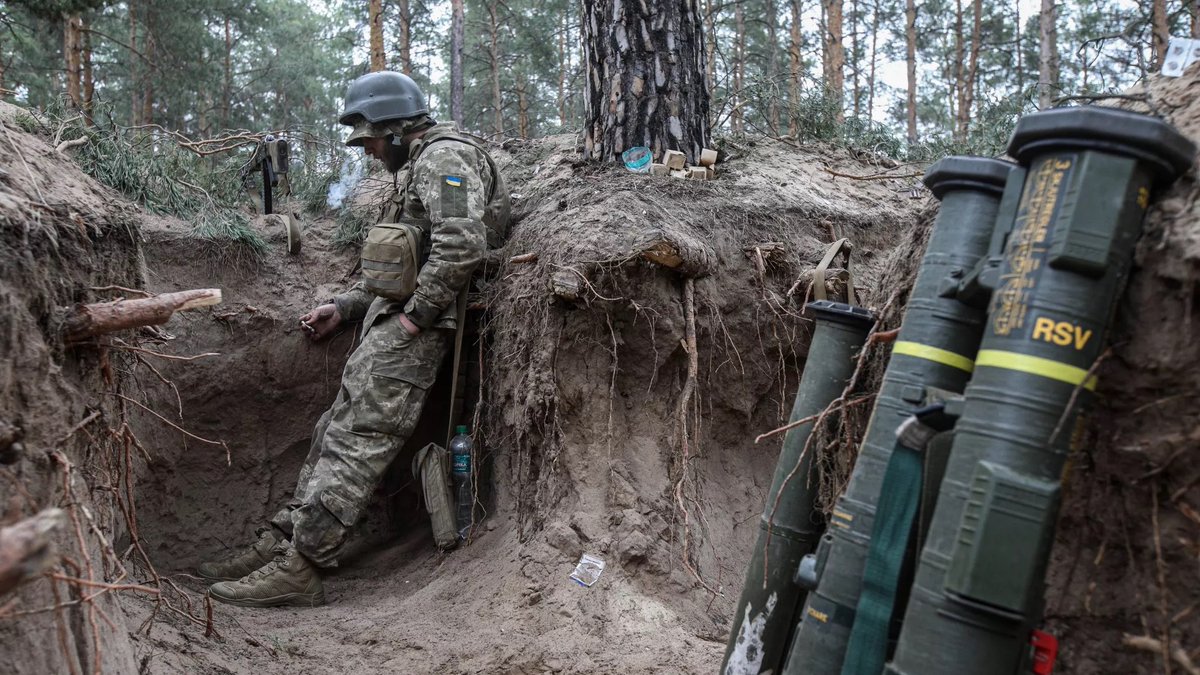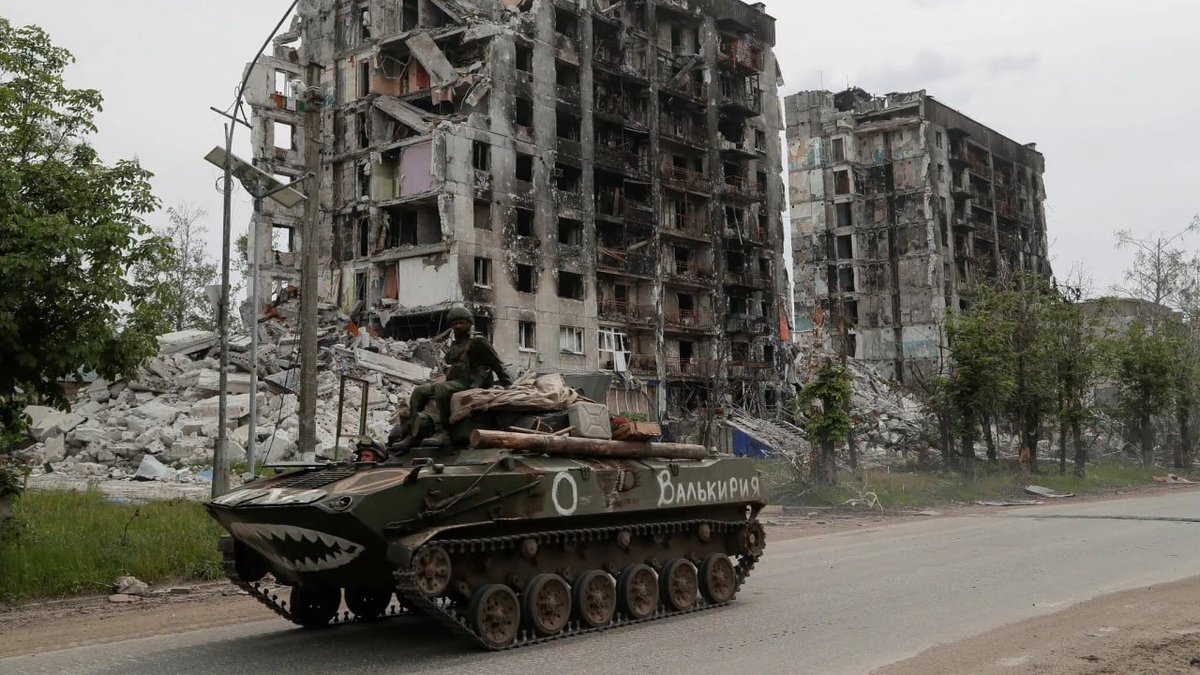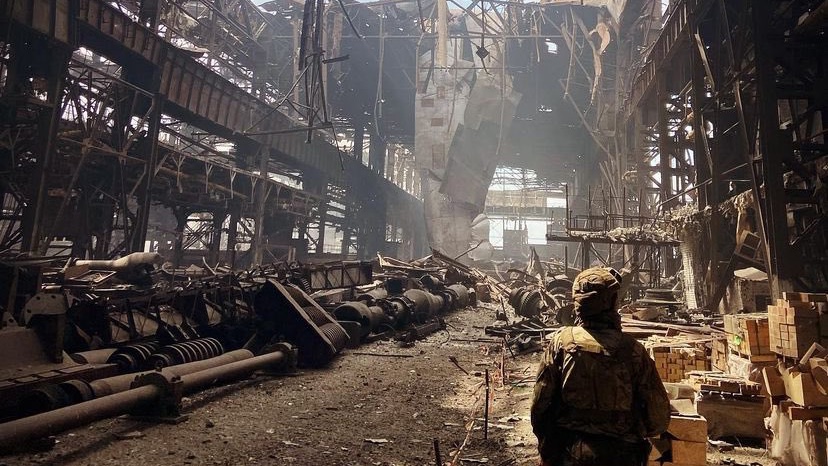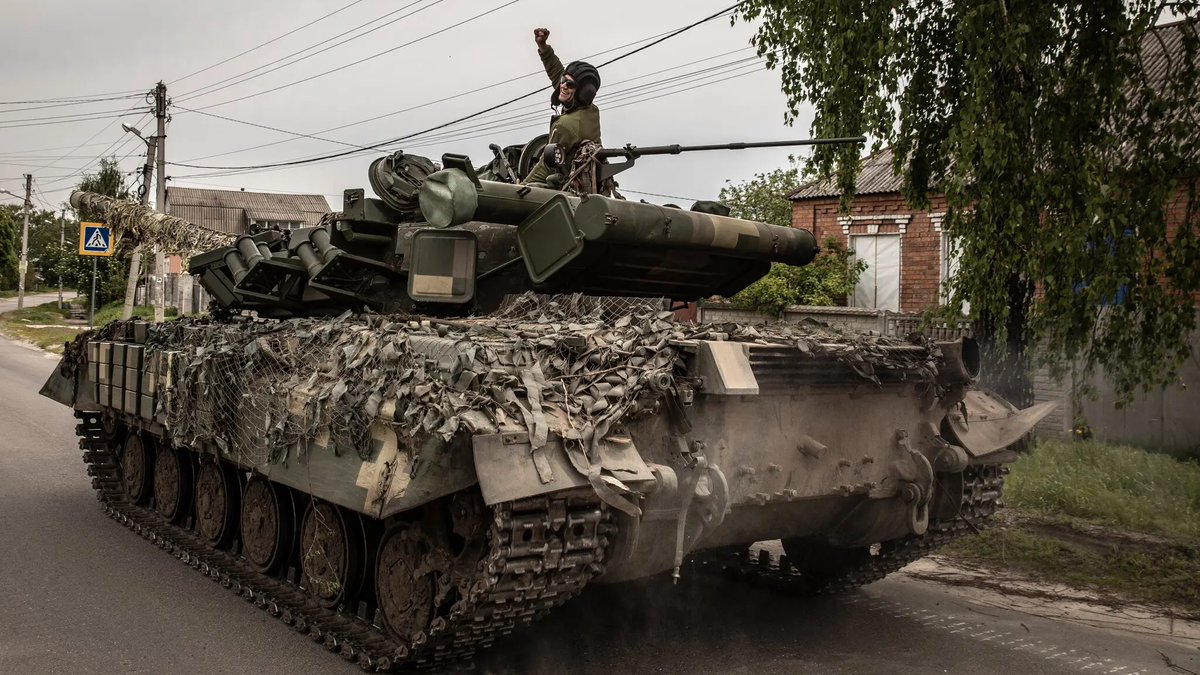
It is 96 days since Russia invaded #Ukraine. Today, an exploration of why this war may end up lasting longer that we expect, or hope. 1/25 
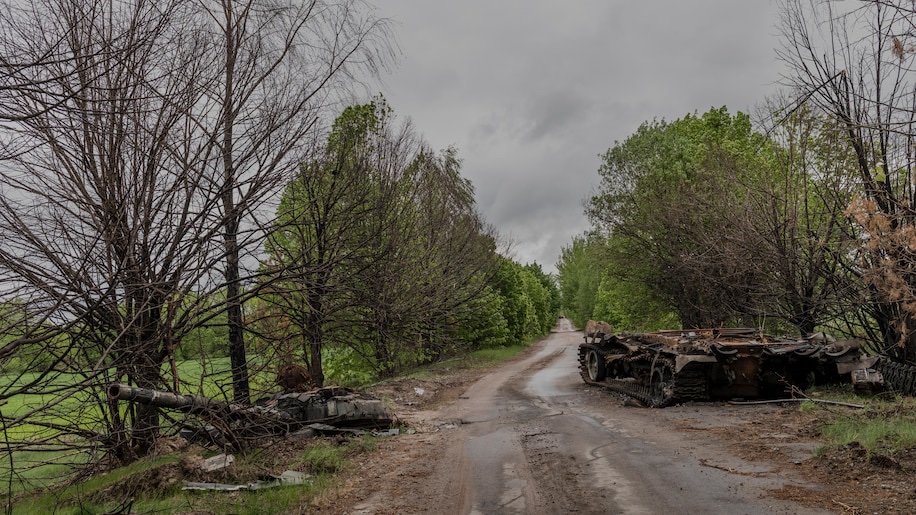
2/ Over the weekend, reports emerged that the Ukrainian Army had launched an offensive in southern Ukraine. The scale, duration and impact of this counteroffensive remains, at this point, unknown. It is possible that this is an effort to draw off Russian from the Donbas. 

3/ In the lead up to these Ukrainian attacks in the south, the Russians gained ground in their concentrated efforts in the Donbas.
4/ Capturing the town of Lyman, advancing from the previously seized city of Popasna, and beginning their encirclement of Severodonetsk, the slow, steady Russian advance is finally giving Putin something that might be considered success. 

5/ More broadly however, these two events are evidence that the war in Ukraine has much in common with the thousands of years of warfare that preceded the Russian invasion. In particular, war features constantly changing tides of fortune.
6/ In April & early May, after Ukraine’s victory in the Battle of Kyiv, a degree of triumphalism crept into Ukraine war narratives. But as the Russians have shown recently, by concentrating their forces on smaller regions of Ukraine, they can generate tactical victories.
7/ We should expect that these shifts in tactical fortunes, between Ukraine and Russia, and between different geographic regions in Ukraine, to continue for some time to come.
8/ After all, wars throughout history have ended in only one of two ways. The first way is for one side to decisively defeat the other, and the loser concedes defeat. The other way is through mutual exhaustion and the negotiation of an end to the war.
9/ Neither belligerent has demonstrated the capacity to land a strategically decisive blow against the other. Despite the Ukrainians demonstrating superiority in global influence, strategy & leadership, the Russians keep generating the combat power to attack them in the east.
10/ There is little prospect of a crushing operational or strategic victory by either side in the short term.
11/ And while Ukraine probably has a strategic advantage overall in the war, at this stage neither country is exhausted.
12/ Despite the Russians and Ukrainians losing people and equipment in the hundreds (if not thousands), neither are exhausted nations. The Russians have reserves of manpower & equipment in storage. Ukraine has masses of military aid flowing across its borders. 

13/ Finally, both sides are demonstrating no desire to step back from this war.
14/ President Putin, in his Victory Day speech, reaffirmed his nation’s commitment to the war in Ukraine (although the Donbas was the focus). On the weekend, President Zelensky told CNN that Ukraine will fight on until it gains back it’s lost territory. edition.cnn.com/videos/world/2…
15/ Prussian soldier and strategist Carl von Clausewitz once wrote of war as a clash of wills, where “each strives by physical force to compel the other to submit to his will.”
16/ For all wars in general, and the Russo-Ukraine War in particular, when both sides demonstrate the will to continue (coupled with the physical wherewithal to do so), war continues.
17/ It is also one of the tragedies of war, that in seeking quick victories, nations often ensure they involve themselves in long & destructive wars instead. The nature of human conflict has a way of ensuring such hubris is rewarded with more death & brutality than imagined.
18/ Such is the case now in Ukraine. Russia, in planning a short lightening war, has instead drawn Ukraine, and Europe, into an expensive and prolonged conflict.
19/ Not only is it resulting in more Ukrainian and Russian deaths than the Russian high command anticipated, it is changing the fundamental security architecture in Europe. washingtonpost.com/world/2022/04/…
20/ In turn this has, at least in the mind of Putin, confirmed the vicious conspiracy theories that he peddles to his people about NATO threats against Russia.
21/ So, we should steel ourselves for what will probably be a long war in Ukraine. The destruction of towns & cities, the deaths of soldiers in their thousands, the unnecessary slaughter of Ukrainian civilians, and wider economic hardship will continue for some time to come.
22/ This will demand a rare strategic patience from NATO, Europe and the United States to continue their support to the courageous Ukrainians.
23/ And it is all the more reason that every democracy should be providing as much economic, humanitarian and military assistance as possible to ensure the eventual defeat of Russia.
24/ Because as horrific a prospect that a long war may be, a Russian victory that would encourage further aggression and military adventures in the future is much, much worse. End smh.com.au/world/europe/s…
25/ Thanks to @IAPonomarenko @RALee85 washingtonpost.com nytimes.com @Nrg8000 & @War_mapper whose images I used in this thread.
• • •
Missing some Tweet in this thread? You can try to
force a refresh



